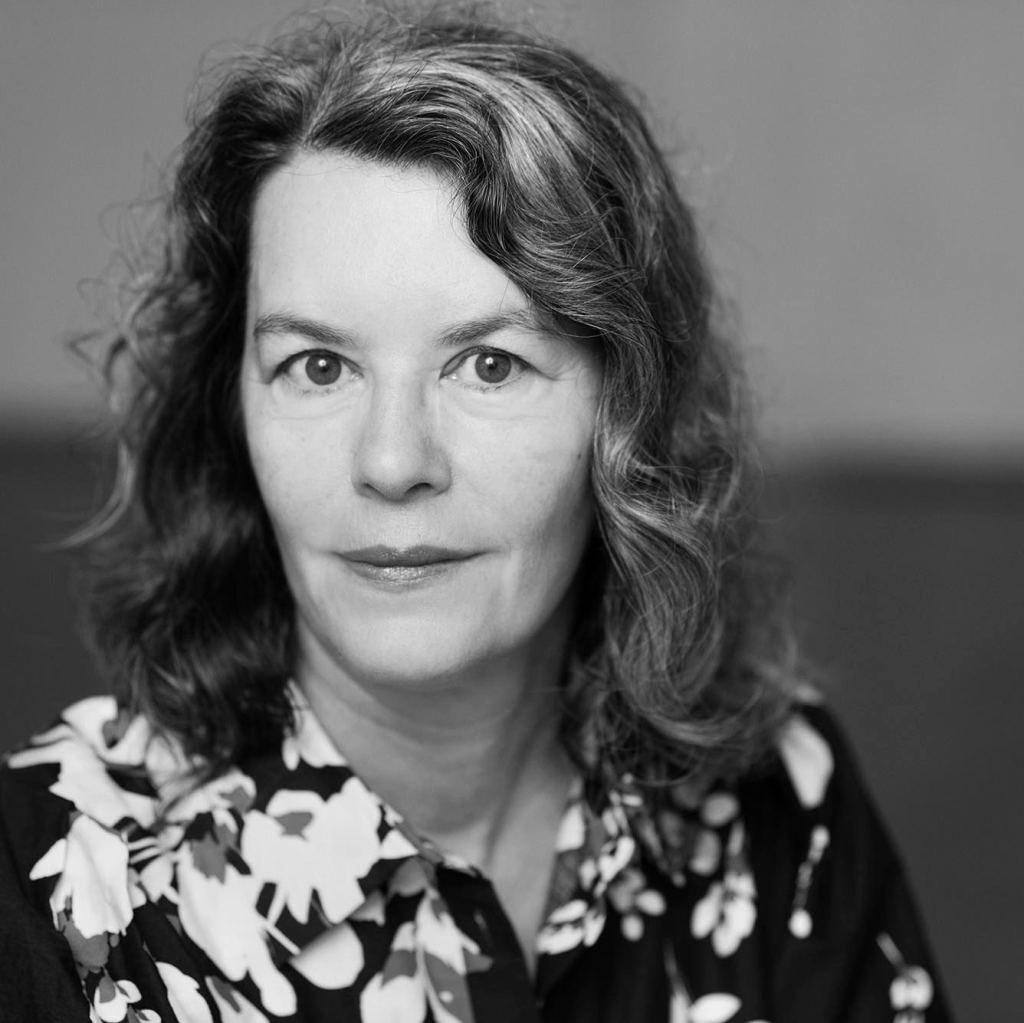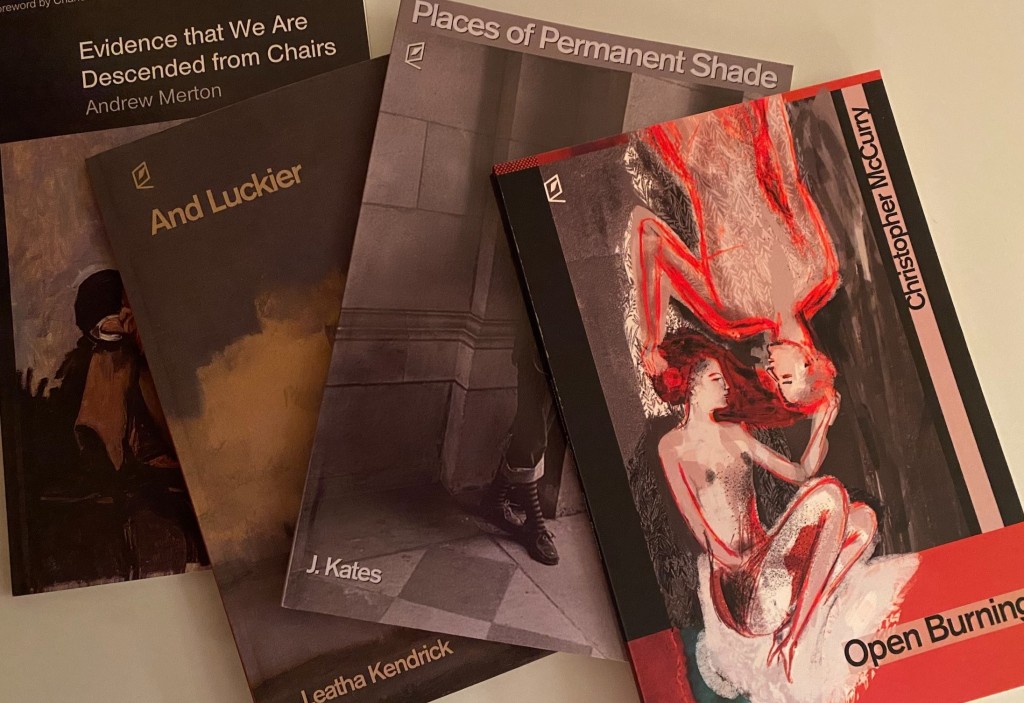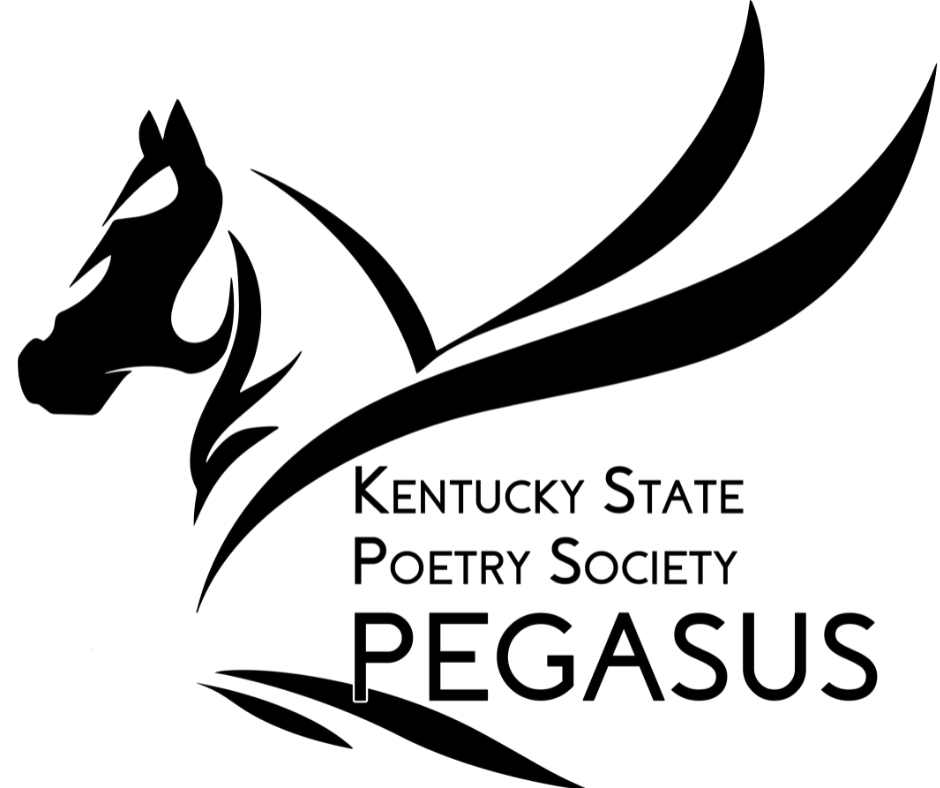
We are excited to share this interview with Katerina Stoykova who has been a force in the Lexington, KY poetry world and beyond for more than a decade. As the founder of Accents Publishing, she has been responsible for the release of around 100 print titles. As a publisher, she necessarily contributes beyond publishing and her interviews are available on the radio at Accents WUKY. These interviews are also a massive archive of important literary voices in our community. As if that weren’t enough, in addition to working as a translator of Bulgarian poetry, she has published The Poet’s Guide to Publishing and several works of poetry including Between a Bird Cage and a Bird House: Poems, and Bird on a Window Sill.
Thank you so much for your time. To better familiarize yourself with our readers, can you provide a brief biographical sketch? I know a little about your biography. For example, you were born in Bulgaria, you write, act, and are the founder and Senior Editor of Accents Publishing. You live in Kentucky. Can you fill in some of the blanks for our readers?
Yes, I was born and raised in Bourgas, Bulgaria, which is a 200000 people town on the Black Sea. I lived there until the age of 24, when I immigrated to the USA. I started writing when I was eight years old, but somehow when I left my country and my language, I abruptly ceased writing. I worked as an engineer and a project manager for IBM and Lexmark for over a decade. Then one morning on the way to work all of a sudden I wrote a poem and that changed my entire life again. I quit my job, got an MFA, started a radio show, a press, and began living more like myself. That’s it, in very broad strokes.
When does poetry or language become a palpable force in your life beyond simply being a tool for communication? Was there a moment when you knew that you wanted to engage in this type of practice?
I was eight. I was in school. A poet came into the classroom to talk about poetry and to read poems. I will never forget how I had the instant recognition that this is what I want to do all my life. When I got home from school I announced to my mother that I’m going to be a poet. Then I went to my room and wrote a poem.
You have an extensive body of published work both in poetry and translation. Beyond the obvious translation labor, what are the difficulties of working as a translator? for What are some of the struggles translators face that readers may not be aware of?
The late Frederick Smock used to say that translation is the closest reading of a poem. I agree. But also translating poetry is an excellent teaching tool because I learn how a particular poet thinks, how they use language to weave story and meaning. I like to translate my own poems as part of my editing process. In most cases I go back and change the original, because in the process of translating I often find better ways to write it or discover other aspects of the reason for the poem. I can do that only to my poems, of course. That’s why for as long as I’m able, I prefer to translate my own work.
As for struggles, some poems just don’t translate well and I try to pick my battles, so to say. Translating poetry is a labor of love and I choose to work with poets whom I admire and to select poems that carry over not only linguistically, but also culturally. Thus, I’ve taken steps to minimize my own struggles.
How does the immigrant experience, that is a part of your human experience, relate to the work of writing? On the one hand, I think it is an ongoing and explicit reference point for your work, but I believe that it also shows up in ways less obvious to the reader. Is this the case? How does your immigrant experience inform both your craft and the product?
You are correct that the immigrant experience is an ongoing and explicit point in my work. It appears across multiple books in overt and subtle ways. I imagine that theme will never go away, though the way I approach it seems to shift, based on the questions I ask myself. Twenty years ago, I wrote immigrant poems that ask “where do I want to live, really?” and “what is the cost of immigration?” then shifted into “why do I feel different any place I go, including my place of origin?” to my current exploration that leans into seeking comfort in the internal regions and befriending whatever might lurk there. I guess it’s a function of growing older, too.
Can you describe the founding of Accents Publishing? How did the press come to be?
I decided to start the press, because I could not say no to the deep desire I felt to support, disseminate and promote good poetry. Most importantly, it felt right every step of the way and things just kept falling into place. We started small, with handmade chapbooks and proceeded to have professionally printed books with worldwide distribution. It’s been an incredible amount of work, but also it’s been one of the big joys of my life. Seeing our books laid out on tables makes me emotional. It’s been a long journey of perseverance and learning.

In January 2025 Accents Publishing will turn 15. I’m planning a public celebration, and you and your readers are invited.
Congratulations! That’s an amazing achievement. What are the other delights and difficulties of running a small press? How have they changed over time?
It’s important to choose how one measures success and to me, success is maintaining artistic integrity. I feel that we have been able to stay true to our vision and desired level of quality, and at the same time, grow the press into a regional publisher with a global reach. It is a delight to be able to write this sentence. The main difficulty for me personally has been managing my enthusiasm and not overcommitting the press with a long queue of projects. We are just not able to say yes to all good work that comes our way.
That’s a good problem to have. And I note your generosity and positivity in that last line. No wonder that Accents has long held significant renown for poets in and around Kentucky, though it is certainly not limited to Kentucky. What is happening in the current poetry climate as best you can tell? How would you describe the poetry scene in Kentucky more generally?
1. More and more people write and share poetry. See any open mic, see Lexington Poetry Month participants, see book and chapbook releases. Often poets are other poets’ core audience. Poets read other poets and buy each other’s books. That’s a trend I see everywhere at this point, far beyond Lexington and Kentucky.
2. Many people want to tell their stories. Some do it in memoirs, some write autofiction and the poetically inclined publish books with personal poems. I’ve done it. Many poets do it.
You mentioned the upcoming 15th anniversary of Accents. What are some projects we can expect to see soon from the press? What are you excited about publishing in the future?
We have upcoming poetry books by Lisa Miller, Christopher McCurry and Cecilia Woloch. A short story collection by B. Elizabeth Beck is also in the works for this year. I am excited for Accents to reach into more genres. We just published a second mixed genre book by Wendy Jett, and late last year we published a memoir by Richard Taylor. I would love to publish a series of craft books, although we have no immediate plans to do so.
